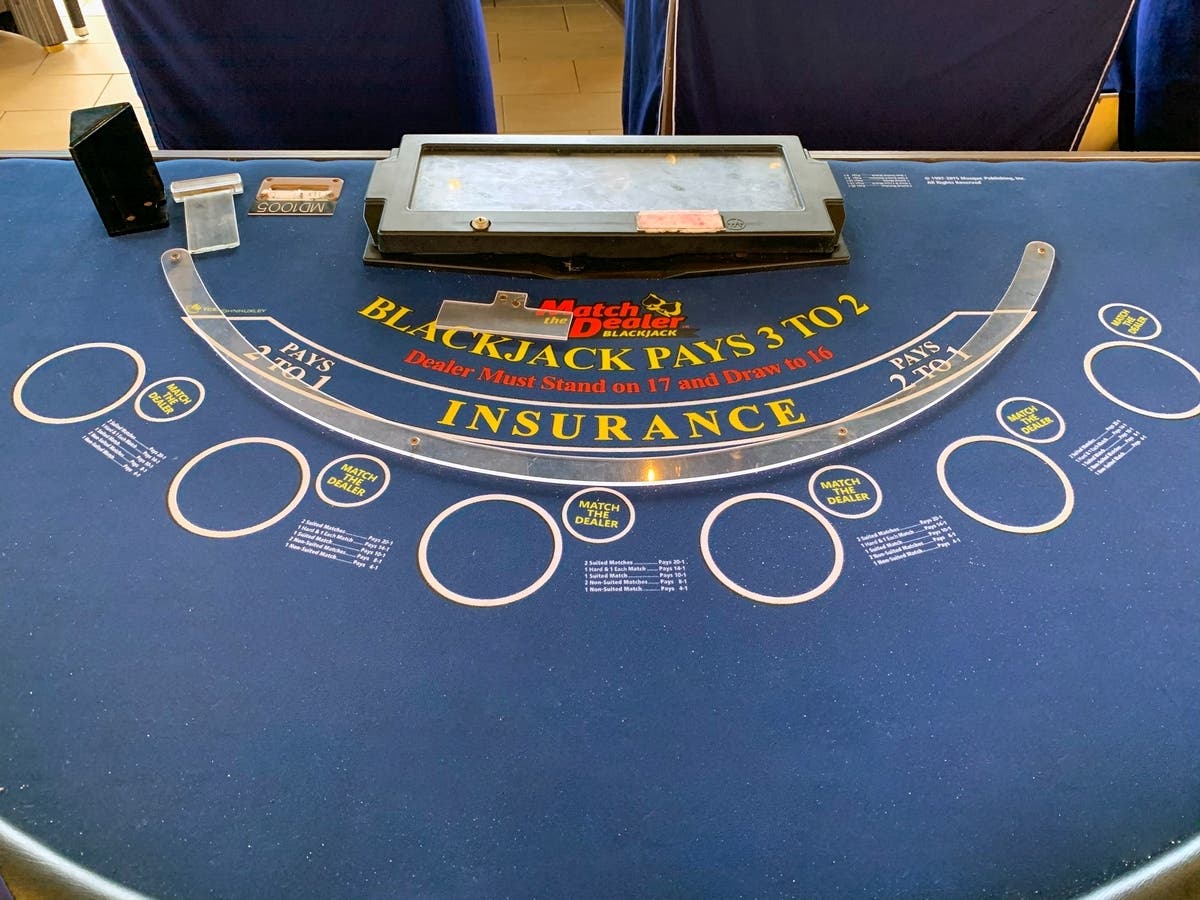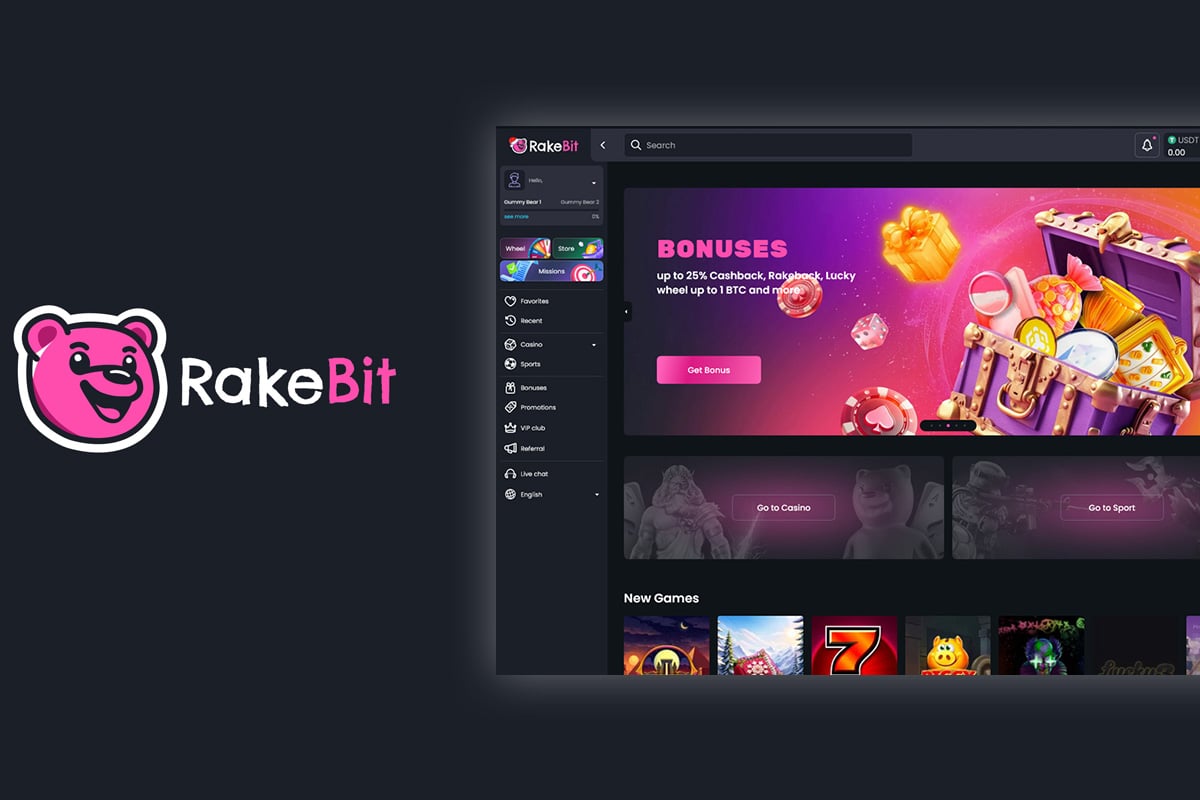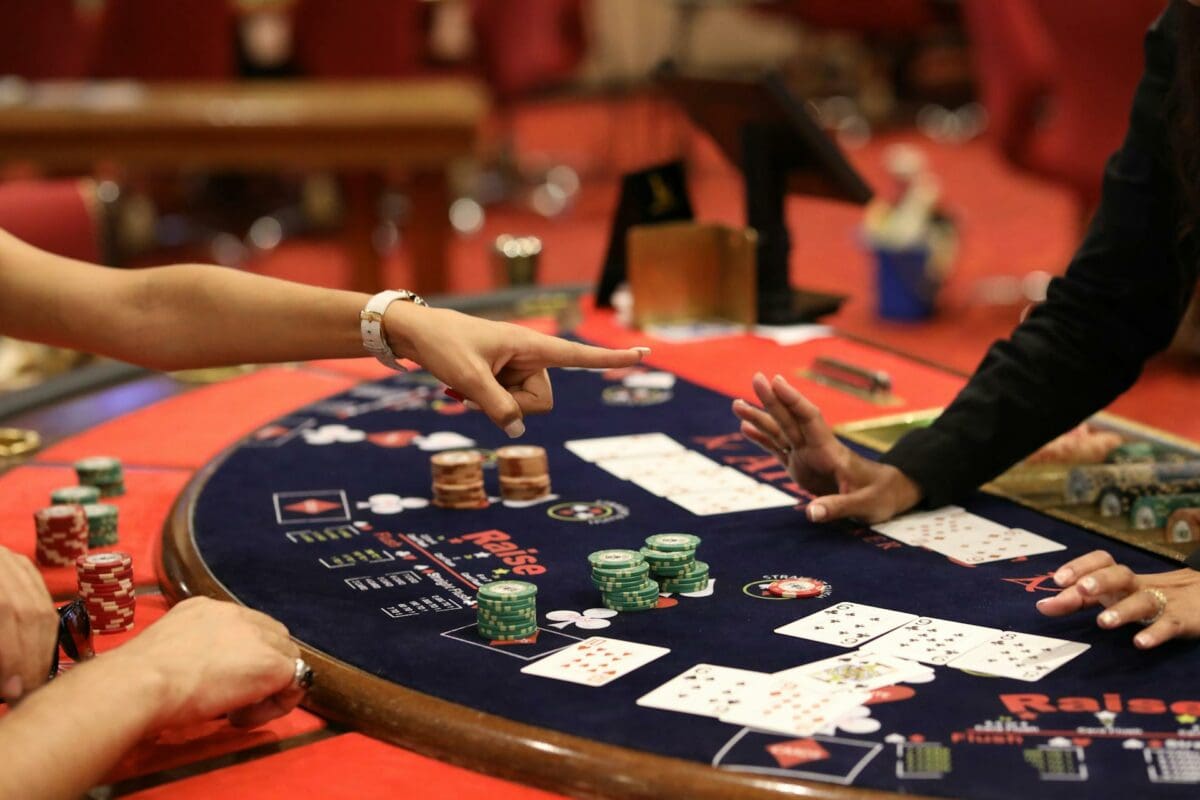Even as Nevada casinos draw millions of tourists, a fear of federal oversight has created artificial barriers between the state’s gaming and cannabis industries, leading to missed business opportunities and confused operators trying to navigate the divide, according to a new study.
The report from University of Nevada, Las Vegas, researchers spotlights an increasingly unsustainable tension: While gaming and cannabis remain legally separated under state law, the reality on the ground shows the industries are already intersecting in ways regulators have yet to formally address.
“People who say it isn’t happening already on casino property are entirely misinformed,” one gaming expert told researchers, many speaking on condition of anonymity.
The divide dates back to 2014, when Nevada gaming regulators warned that any cannabis industry involvement by gaming licensees would “tend to reflect discredit upon gaming.” A 2017 Nevada Gaming Commission resolution further cemented that separation, explicitly prohibiting gaming licensees from participating in the cannabis industry.
Today, state law maintains a 1,500-foot buffer between cannabis businesses and gaming establishments. Local ordinances, including in Clark County, also prohibit cannabis delivery to gaming areas and the Las Vegas Strip corridor, where 70% of overnight guests stay.
But the restrictions may be creating more problems than they solve. Many arrive from states with legal cannabis, expecting similar access during their Vegas vacation. The UNLV study, which drew from interviews with more than 60 stakeholders conducted between August and October 2024, pointed to other examples of missed opportunities.
Cannabis business conference organizers, for instance, recently struggled to book hotel hospitality suites – even when no cannabis consumption was planned – because properties feared potential Gaming Control Board discipline. Such fears stem from misunderstandings about federal restrictions rather than actual legal barriers, researchers found.
“All stakeholders believe that addressing the unlicensed market requires public education about what is and is not legal,” the report said. “There is agreement that tourists, particularly in Las Vegas, do not know that the services delivering cannabis to hotel rooms are illegal and that you cannot consume cannabis in public. One participant said they felt that, without education or legal places to consume cannabis, tourists are ‘being set up for failure.’”
Additionally, “Stores on the Strip sell ‘hemp’ products, equivalent in intoxication level (but not in regulatory control) to cannabis products. These restrictions do not stop tourists from accessing cannabis on the Strip; they just impede access to legal cannabis.”
The casino industry’s own cautious stance stems from its regulatory status. As financial institutions under federal law, casinos face strict oversight and risk losing their licenses for any misstep. Federal agents can shut down gaming operations and seize equipment during investigations.
“This is all a privilege, and it can all go away with one misstep,” another gaming expert told researchers.
Meanwhile, consumer habits are shifting in ways that may force the issue. Data cited in the report showed more than two-thirds of cannabis users report drinking less alcohol – a key revenue source for casinos. However, none of the marijuana revenue flows to gaming companies.
The study also cited poll data from 2022 that found 22% of Americans have chosen travel destinations based on cannabis availability, with 30% of adults (and 50% of millennials within that group) considering legal status an important factor in vacation planning.
The report’s authors – Riana Durrett, director of UNLV’s Cannabis Policy Institute, and Christina Dempsey, director of the Cannabis Policy Lab – recommend that Nevada gaming and cannabis regulators jointly examine “future pathways and eventual parameters for integration.”
“Avoiding these discussions does not eliminate risk,” the report said. “It may leave Nevada and its gaming industry ill-equipped to respond to future changes or to capitalize on current opportunities.”





